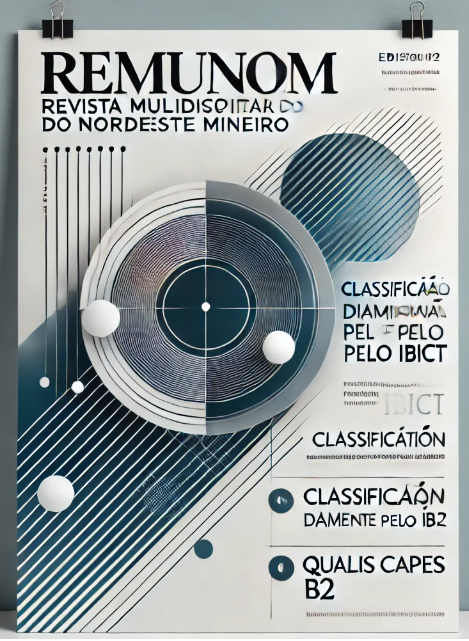FORMAÇÃO E TRANSFORMAÇÃO EDUCACIONAL
REFLEXÕES DE ALIKE E QUANDO SINTO QUE JÁ SEI
DOI:
https://doi.org/10.61164/rmnm.v9i1.3934Keywords:
teacher training, active methodologies, creativity, student leadership, pedagogical innovationAbstract
Introduction: Education is going through a turning point, requiring a break with traditional models based on the mere transmission of content. The National Common Curricular Base (BNCC, 2017) highlights the importance of critical and humanized teaching, in which the teacher acts as a mediator and encourages student autonomy. In this context, audiovisual resources such as Alike (2015) and Quando Sinto que Já Sabe (2014) become fundamental. Alike criticizes the standardization that stifles children's creativity, while Quando Sinto que Já Sabe highlights innovative pedagogical practices in Brazil, which value interdisciplinarity and student protagonism, in line with the principles of Freire (1996) and Foucault (1975). Development: Teacher training is central to educational transformation. In Alike, the father figure symbolizes the teacher who, without critical preparation, represses the student's uniqueness. When I Feel I Already Know shows educators who, by challenging curricular rigidity, transform their practices. Pedagogical innovation requires ongoing training, active methodologies, and the use of digital technologies, aligning theory and practice in an integrated manner. In addition, teaching environments directly reflect learning: collaborative and interdisciplinary spaces, such as those portrayed in the documentary, promote engagement and creativity, as advocated by Dewey (1938). Finally, such practices impact the student profile, which migrates from a passive role to a critical, autonomous, and creative stance, in line with the BNCC. Conclusion: The analysis of Alike and When I Feel I Already Know shows that educational transformation requires three interdependent axes: innovative teacher training, creative teaching environments, and redefining the student profile. Prepared and sensitive teachers become catalysts for an education that values autonomy and the collective construction of knowledge. Thus, educators and students together build a school that not only transmits knowledge, but also forms critical and creative citizens, prepared for the challenges of a constantly changing society.
References
ALIKE. [Curta-metragem]. Direção: Daniel Martinez Lana; Rafa Cano Médez. Barcelona: Pepe-School-Land2, 2015.
BRASIL. Ministério da Educação. Base nacional comum curricular. Brasília: MEC, 2017.
DEWEY, John. Experience and education. New York: Macmillan, 1938.
FREIRE, Paulo. Pedagogia do oprimido. Rio de Janeiro: Paz e Terra, 1996.
FOUCAULT, Michel. Vigiar e punir: nascimento da prisão. Petrópolis: Vozes, 1975.
JÚNIOR, A. M. de M. (Des)potencialização da vida: um novo olhar a partir do curta metragem Alike. Revista Educação Básica em Foco, v.3, n.2, 2022. Disponível em:https://www.educacaobasicaemfoco.net.br/09/Resenhas/AdrianoMeninoDeMacedoJunior.pdf. Acesso em: 24 mar. 2025.
QUANDO sinto que já sei. [Documentário]. Direção: Tiago Antunes e Anderson Gobatto. São Paulo: D.A. Filmes, 2014. 1 DVD (78 min).
Downloads
Published
How to Cite
Issue
Section
License
Copyright (c) 2025 Revista Multidisciplinar do Nordeste Mineiro

This work is licensed under a Creative Commons Attribution-NonCommercial-ShareAlike 4.0 International License.




